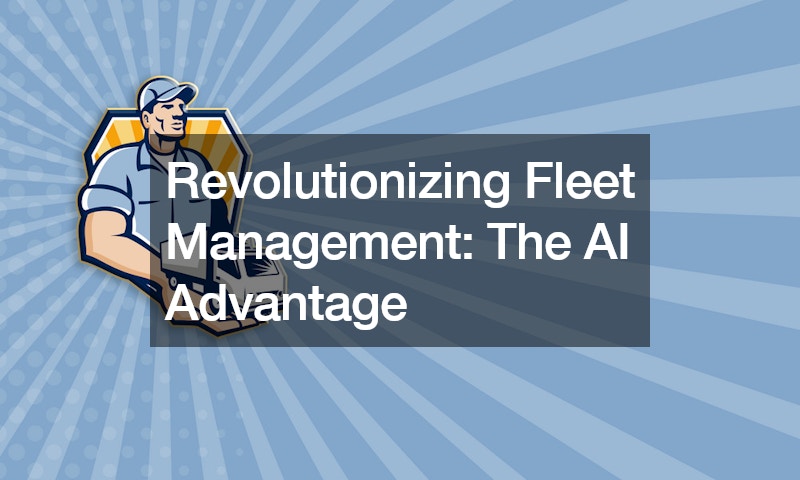
Along with digitalization is the continuous transformation of various industries, and fleet management is no exception. The integration of Artificial Intelligence (AI) into fleet management systems has ushered in a new era of efficiency and optimization, offering numerous benefits for fleet operators.
One of AI’s key advantages in fleet management is its ability to analyze vast amounts of data from telematics devices. These devices, such as GPS trackers and dash cams, provide real-time information about vehicle status, movement, and driver behaviour, which is crucial for a fleet vehicle tracking system. AI algorithms can process this data to identify patterns, trends, and potential issues that may go unnoticed through manual analysis.
With AI, fleet managers can optimize driving routes in real time based on factors like traffic patterns and weather conditions, leading to improved efficiency and reduced fuel consumption. Moreover, AI-powered predictive maintenance tracking enables proactive maintenance scheduling, preventing costly breakdowns and ensuring vehicle reliability.
Automating fleet management tasks through AI also enhances safety by monitoring driver behavior and identifying unsafe driving practices such as speeding or harsh braking. AI can provide real-time alerts to drivers and recommend personalized coaching plans to promote safer driving habits, ultimately reducing the risk of accidents and ensuring compliance with safety regulations.
Furthermore, AI streamlines administrative processes like record-keeping and route planning, freeing up time for fleet managers to focus on strategic decision-making. As AI continues to evolve, its predictive capabilities will only become more accurate, paving the way for safer and more intuitive automated vehicles.
In conclusion, AI is revolutionizing fleet management by offering unprecedented insights, efficiency gains, and safety enhancements. AI technology can help fleet operators stay ahead in an increasingly demanding industry.
.



